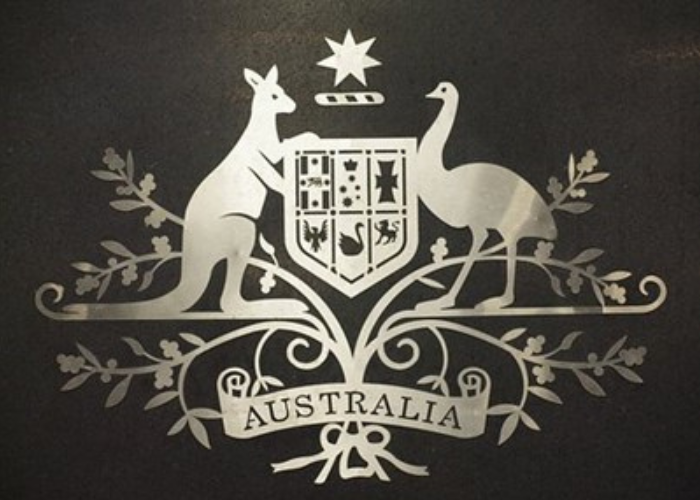Between the federal and state government cycles, it seems there’s always an election coming up somewhere. For businesses and organisations that rely on government funding, or operate in areas where government policy can drastically impact market opportunity, getting the ear of politicians is critical, but it’s not always easy, especially as polling days draw near and every imaginable interest group wants to stake a claim.
Here are the top 10 tips we use when working with clients to engage government (with a special shout out to our friends at Landcare NSW, who managed to secure major funding commitments in the lead up to the state poll – fantastic work from a committed team).
- Work through others. Not every business, or even every industry, can have a lobbyist walking the halls of Parliament, but you do need someone who can open doors for you. So align with those who are walking the halls – peak industry groups, major businesses who have some shared goals but not competing interests.
- Make sure you have aligned messages and outcomes. Know what matters to the decision makers.
- Be clear. Have the ask ready. Know your numbers.
- Go local: The MP’s electorate is key – meet them on their own ground, understand the impact of your ask not only for the broader public interest but for their own constituents.
- Make it a two way opportunity. Make sure the MP gets something out of taking the time to meet you. Create photo opps, give them a speaking slot where they can address your stakeholders, put on a BBQ.
- Your reputation precedes you – don’t burn bridges, watch what you say to other contacts – it’s a small world. Be known as an organisation that is good to work with.
- Make submissions. In addition to going direct, find ways to participate in these formal government processes. It will get your name known, give you credibility and help get you heard.
- Don’t forget about media. They are important for applying pressure, especially when there are visible public impacts as a result of acting or not acting on your ask.
- Use your networks. If your organisation has secured a meeting with the minister, you want everyone in your network taking the same message to their local MP.
- Invest time. Know when budget submissions close, when announcements are made. Build a campaign over at least three months and be prepared to continue to engage.
Want some help getting government support, funding or policy change? Get in touch – [email protected].
Kendi Burness-Cowan

